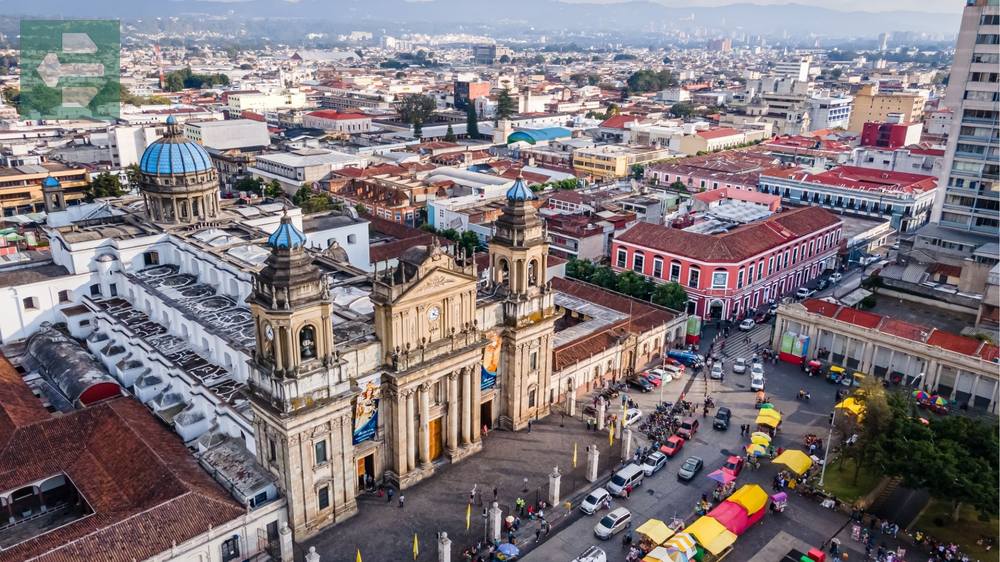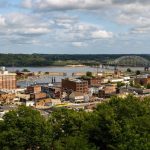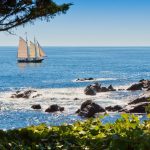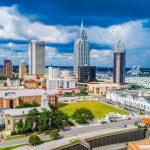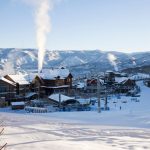Guatemala offers an extraordinary blend of ancient Maya ruins, colonial architecture, volcanic landscapes, and vibrant indigenous culture. From the cobblestone streets of Antigua Guatemala to the mystical waters of Lake Atitlán, and from the towering temples of Tikal to the natural pools of Semuc Champey, this Central American gem delivers unforgettable experiences.
Keep reading as we uncover the best places to visit in Guatemala that will transform your journey into an adventure of discovery and wonder.
List of Contents
- 1. Antigua Guatemala: Colonial Perfection Preserved
- 2. Lake Atitlán: Mirror of the Sky
- 3. Tikal: Giants of the Jungle
- 4. Flores: Island Town Gateway
- 5. Semuc Champey: Nature's Swimming Pools
- 6. Chichicastenango: Market of Colors
- 7. Guatemala City: Urban Heartbeat
- 8. Livingston: Caribbean Soul
- 9. Quetzaltenango (Xela): Highland Learning Center
- 10. Monterrico: Pacific Black Sands
- 11. El Mirador: Lost Maya Metropolis
- 12. Yaxha: Sunrise Temple
- Your Guatemala Adventure Awaits
1. Antigua Guatemala: Colonial Perfection Preserved
Antigua Guatemala sits in a valley surrounded by three volcanoes, its cobblestone streets unchanged since the 16th century. The city was Guatemala's colonial capital until earthquakes forced the government to relocate.
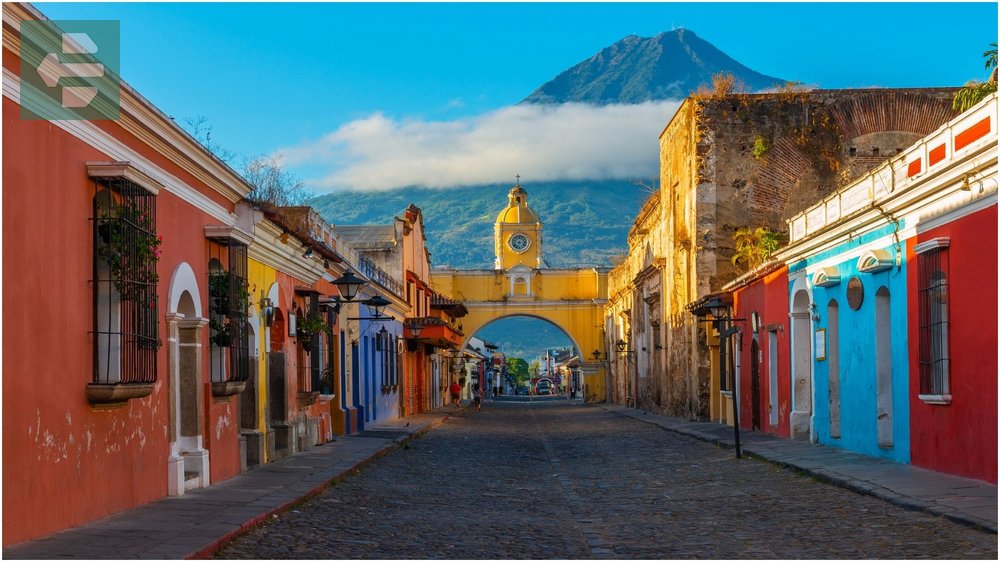
Walk early in the morning when the light hits the pastel facades just right. The ruins of churches destroyed by earthquakes create an unexpected beauty—nature reclaiming what man built centuries ago.
Local tip: Follow the scent of fresh tortillas to find the best comedors tucked away in residential neighborhoods. These family-run eateries serve authentic meals that tourist restaurants cannot replicate.
Quick Facts:
- Peak Season: December-April
- How to Get There: 1-hour drive from Guatemala City
- Entrance Fee: Free to explore the city
- Suggested Stay: 3-4 days
- Must-See: La Merced Church, Cerro de la Cruz viewpoint, Central Park, Casa Santo Domingo
2. Lake Atitlán: Mirror of the Sky
Lake Atitlán reflects three towering volcanoes in its deep blue waters, creating a scene that writer Aldous Huxley called “the most beautiful lake in the world.” Twelve indigenous villages dot its shoreline, each maintaining distinct traditions.
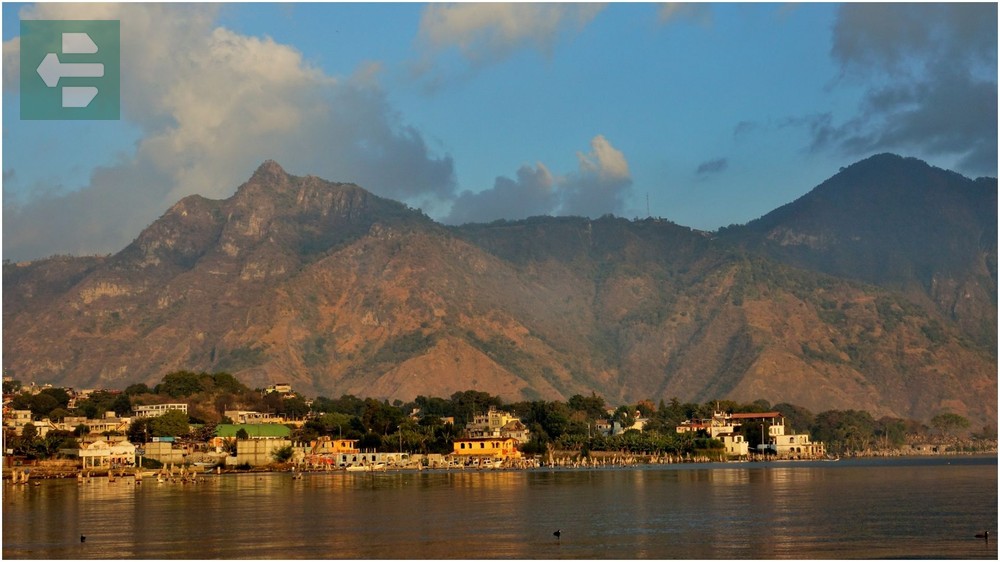
I remember sitting in Panajachel at sunrise, watching the mist lift from the water while Maya women washed clothes at the lake's edge—a scene unchanged for generations.
Take the boat between villages. Each stop reveals different aspects of Maya culture, from the hippie haven of San Pedro to the artistic enclave of Santiago Atitlán.
Quick Facts:
- Peak Season: November-April
- How to Get There: 3-hour drive from Guatemala City to Panajachel
- Entrance Fee: Free
- Suggested Stay: 4-5 days
- Key Villages: Panajachel, San Pedro La Laguna, Santiago Atitlán, Santa Catarina Palopó
3. Tikal: Giants of the Jungle
Tikal rises from the rainforest like ancient skyscrapers, its temples reaching 200 feet into the canopy. This UNESCO World Heritage site was once home to 100,000 Maya people and remains Guatemala's most impressive archaeological treasure.
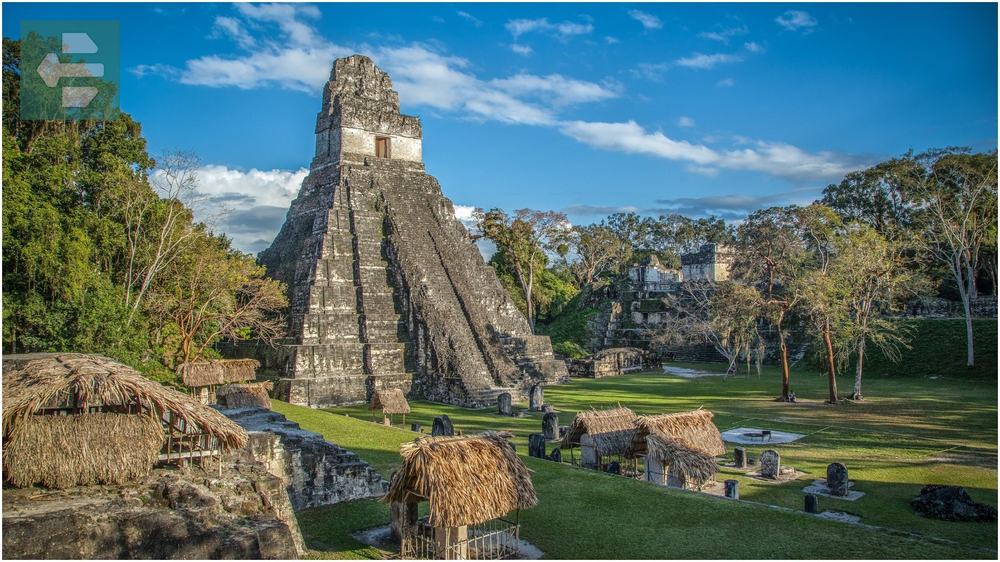
The howler monkeys wake you at dawn—their calls echoing through the jungle as morning mist swirls around Temple IV. Climb to the top and you will see the forest canopy stretch endlessly, dotted with temple peaks breaking through like stone islands.
Stay overnight in the park to experience Tikal at sunrise and sunset when the wildlife is most active and the tourist crowds have disappeared.
Quick Facts:
- Peak Season: December-April
- How to Get There: Fly to Flores, then 1-hour drive
- Entrance Fee: From $15
- Suggested Stay: 2-3 days
- Highlights: Temple IV, Temple of the Grand Jaguar, Temple of the Mask, Complex Q
4. Flores: Island Town Gateway
Flores sits on an island in Lake Petén Itzá, its colorful buildings cascading down to the water's edge. This charming town serves as the gateway to Tikal but deserves attention in its own right.
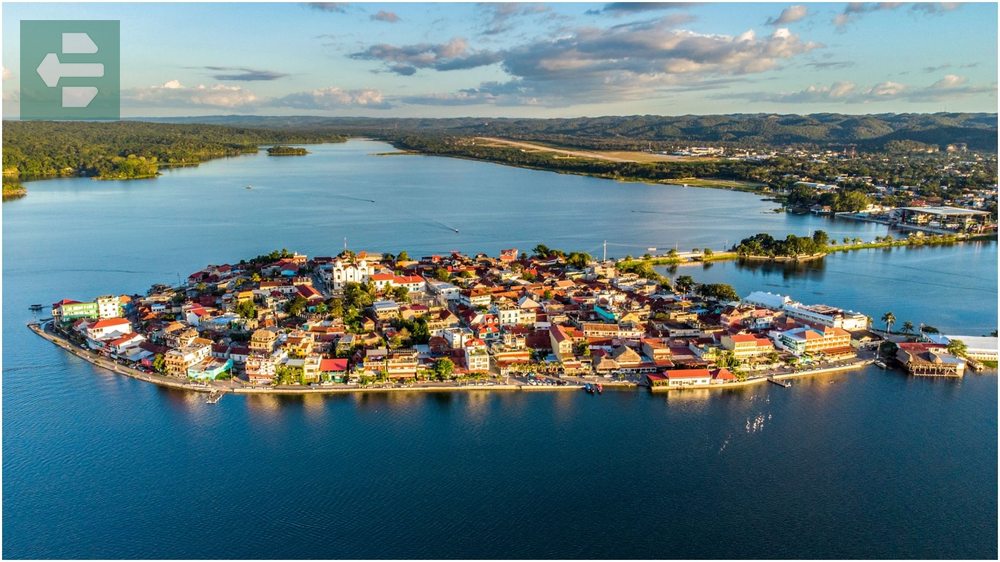
The island feels like a miniature Venice with narrow streets leading to lakefront restaurants where you can watch the sunset paint the water gold. The pace here slows your heartbeat to match the gentle lapping of waves.
Rent a kayak and paddle to the opposite shore where locals swim and fish in spots untouched by tourism.
Quick Facts:
- Peak Season: December-April
- How to Get There: 1-hour flight from Guatemala City
- Entrance Fee: Free
- Suggested Stay: 2-3 days
- Activities: Island walking tour, lake swimming, kayaking, Tikal day trips
5. Semuc Champey: Nature's Swimming Pools
Semuc Champey hides in the jungle where the Cahabón River creates a series of stepped limestone pools filled with turquoise water. The river disappears underground, leaving these natural pools fed by smaller tributaries.

The hike to the overlook viewpoint tests your lungs, but the reward—seeing these impossible blue pools from above—makes every steep step worthwhile. The water temperature stays perfect year-round, inviting you to float in pools that seem carved by gods.
Bring water shoes. The limestone can be slippery, and the paths between pools require careful footing.
Quick Facts:
- Peak Season: December-April (dry season)
- How to Get There: 4-hour drive from Guatemala City via Lanquín
- Entrance Fee: From $8
- Suggested Stay: 2-3 days
- Activities: Natural pool swimming, cave tubing, jungle hiking, river rafting
6. Chichicastenango: Market of Colors
Chichicastenango transforms twice weekly into Central America's largest indigenous market. Maya traders from across the highlands bring textiles, masks, pottery, and produce to sell in the same square their ancestors used centuries ago.

The market overwhelms your senses—brilliant textiles hanging like rainbow curtains, copal incense burning on church steps, and vendors calling in K'iche' Maya language. This is commerce as cultural expression.
Visit on Thursday or Sunday when the full market operates. Arrive early before tour buses crowd the narrow streets, and you will witness authentic Maya spiritual ceremonies on the church steps.
Quick Facts:
- Peak Season: Year-round (market days: Thursday & Sunday)
- How to Get There: 3-hour drive from Guatemala City
- Entrance Fee: Free
- Suggested Stay: 1-2 days
- Highlights: Santo Tomás Church, Pascual Abaj shrine, market square, mask workshops
7. Guatemala City: Urban Heartbeat
Guatemala City challenges visitors with its complexity—a sprawling metropolis where gleaming shopping centers coexist with colonial buildings and modern art galleries showcase Maya-inspired works. Zone 1 holds the historic center while Zone 10 offers upscale dining and nightlife.
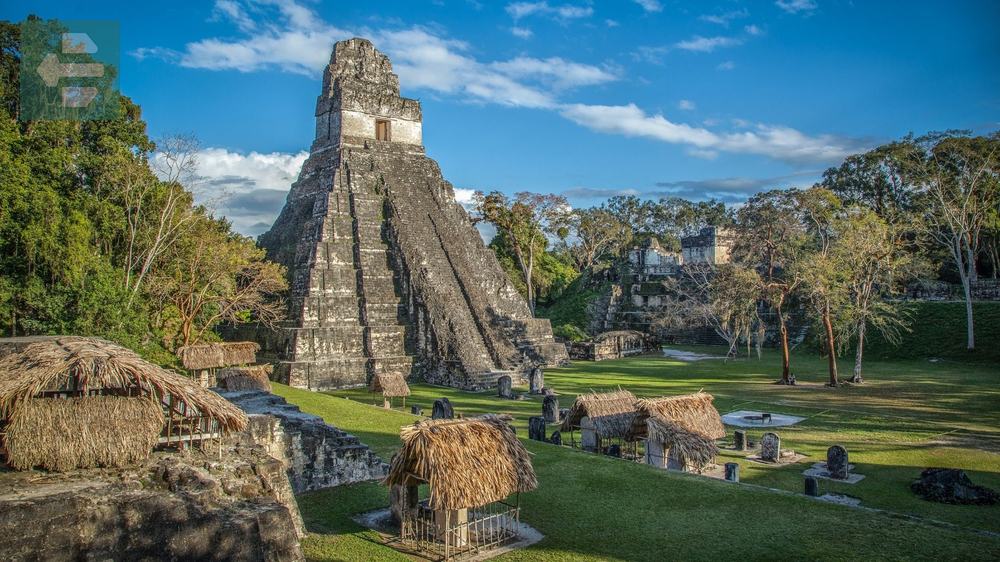
The National Palace tells Guatemala's complex story through its murals, while nearby markets pulse with the energy of urban Maya life. This city does not court tourists—it simply exists, authentic and unfiltered.
Stay in Zone 10 for safety and convenience, but venture into Zone 1 during daylight to experience authentic Guatemala City culture.
Quick Facts:
- Peak Season: Year-round
- How to Get There: International airport hub
- Entrance Fee: Free to explore
- Suggested Stay: 1-2 days
- Key Areas: Zone 1 (historic), Zone 10 (modern), Mercado Central, National Palace
8. Livingston: Caribbean Soul
Livingston sits where the Río Dulce meets the Caribbean Sea, accessible only by boat. This Afro-Caribbean town pulses with reggae rhythms and Garífuna culture, feeling more like Belize than inland Guatemala.

The cultural shift hits you immediately—Spanish gives way to English and Garífuna, while marimba music transforms into reggae beats. Coconut palm trees line black sand beaches where locals play dominoes in the shade.
Time your visit for a weekend when live music spills from beachfront bars and the whole town seems to dance to the same rhythm.
Quick Facts:
- Peak Season: December-April
- How to Get There: Boat from Río Dulce or Puerto Barrios
- Entrance Fee: Free
- Suggested Stay: 2-3 days
- Culture: Garífuna heritage, Caribbean beaches, reggae music, seafood cuisine
9. Quetzaltenango (Xela): Highland Learning Center
Quetzaltenango—locals call it Xela—sits high in Guatemala's western highlands, surrounded by volcanoes and thermal springs. This university town attracts students from across Central America and serves as a base for exploring Maya villages.

The morning market fills with indigenous women wearing traditional huipils, their children strapped to their backs while they negotiate prices in rapid-fire Spanish and K'iche'. Coffee shops occupy colonial buildings where students practice Spanish with international travelers.
The altitude—7,500 feet—means cool evenings perfect for exploring the town's bars and restaurants clustered around the central park.
Quick Facts:
- Peak Season: December-April
- How to Get There: 4-hour drive from Guatemala City
- Entrance Fee: Free
- Suggested Stay: 3-4 days
- Nearby: Zunil hot springs, Santa María volcano, Almolonga market, Fuentes Georginas
10. Monterrico: Pacific Black Sands
Monterrico stretches along Guatemala's Pacific coast where black volcanic sand meets endless ocean waves. This beach town serves as a crucial sea turtle nesting site while offering some of Guatemala's best surfing.

The black sand absorbs heat, making barefoot walks impossible at midday, but creates stunning contrast with white foam from crashing waves. Fishing boats painted in primary colors dot the shoreline like scattered toys.
Visit during turtle nesting season (July-December) when conservation groups release baby sea turtles into the surf—a moment that reminds you why protecting wild places matters.
Quick Facts:
- Peak Season: December-April (dry), July-December (turtle season)
- How to Get There: 2-hour drive from Guatemala City
- Entrance Fee: Free
- Suggested Stay: 2-3 days
- Activities: Turtle watching, surfing, mangrove tours, sport fishing
11. El Mirador: Lost Maya Metropolis
El Mirador requires commitment—a three-day trek through dense jungle to reach Guatemala's largest Maya site. La Danta pyramid complex rises 230 feet, making it one of the world's largest ancient structures by volume.

The journey rewards the dedicated. You camp in the jungle, sharing space with howler monkeys and jaguars, while hiking trails used by archaeologists and park rangers. When you finally climb La Danta at sunrise, you stand atop a structure that dominated this forest when Rome was just beginning its empire.
This expedition demands good fitness and proper gear. Hire guides from local communities who know the jungle and its dangers.
Quick Facts:
- Peak Season: December-April
- How to Get There: 3-day jungle trek from Carmelita village
- Entrance Fee: From $50 (includes guide)
- Suggested Stay: 3-5 days (including trek)
- Difficulty: Challenging multi-day hike, requires guides
12. Yaxha: Sunrise Temple
Yaxha rises from the jungle between two lakes, offering Guatemala's most spectacular sunrise view from Temple 216. This lesser-known site provides the Tikal experience without crowds—you might have entire temple complexes to yourself.

I climbed Temple 216 in darkness, guided only by flashlight beam, to watch dawn break over endless jungle. When the sun finally appeared, it illuminated not just the forest but ancient ball courts, plazas, and pyramids stretching to the horizon.
Combine Yaxha with nearby Nakum and Naranjo sites for a complete jungle archaeology experience that few travelers discover.
Quick Facts:
- Peak Season: December-April
- How to Get There: 1-hour drive from Flores
- Entrance Fee: From $8
- Suggested Stay: 1-2 days
- Highlights: Temple 216 sunrise, North Acropolis, lakeside camping, bird watching
Your Guatemala Adventure Awaits
Guatemala offers experiences that change how you see the world. Ancient Maya wisdom lives alongside colonial elegance while jungle adventures lead to pristine natural pools.
Each destination on this list rewards the curious traveler with authentic encounters unavailable anywhere else. Pack light, bring your sense of adventure, and prepare for a country that will surprise you at every turn.
The best places to visit in Guatemala await your discovery—from temple tops where howler monkeys announce the dawn to market squares where Maya languages mix with Spanish calls. Your Guatemala story begins now.
